|
Regular readers of The Conversation Canada know we publish Monday to Friday (actually we publish Sunday night to Thursday night) and then give everyone a chance on the weekend to catch up on all the great stuff they missed during the week. But today, we have a something special – a very timely article from Inuit scholar Norma Dunning of the University of Alberta.
One of the Canadian Football League’s great rivalries will play out Sunday when the Calgary Stampeders host the Edmonton Eskimos in the West Division final. The winner goes on to the Grey Cup. Thousands will watch the game; very few of us will consider that Edmonton’s team name is offensive to some of our fellow Canadians.
“Why continue to use a term circulated by anthropologists hundreds of years ago?” says Ms. Dunning. “More importantly, why continue to make use of a word that is considered to be — by the people most affected — a racial slur?”
I’m the former sports editor of The Canadian Press and I know how sports fans cling to their traditions. Many, many fans would object to eliminating a team name that has been associated with Edmonton for more than a century. But I challenge all Edmonton boosters and sports fans in general to read Ms. Dunning’s piece so you can understand this issue from her perspective – a perspective shared by Indigenous people everywhere.
Enjoy the game if you’re a CFL fan … and we’ll be back in your Inbox on Monday.
|
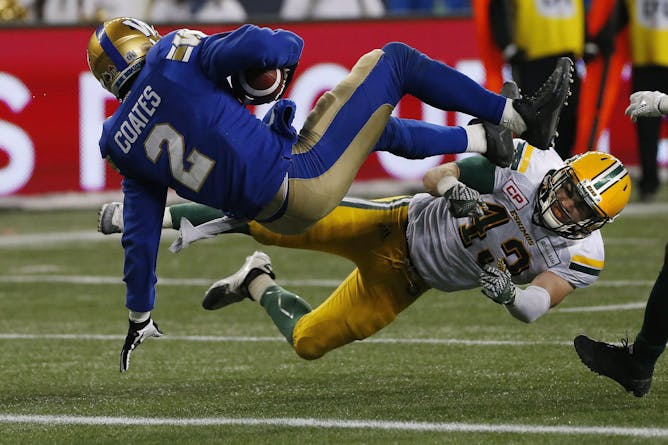
The word Eskimo signals negative and archaic stereotypes and is considered by most Inuit to be a racial slur.
THE CANADIAN PRESS/John Woods
Norma Dunning, University of Alberta
The use of the word Eskimos for a Canadian football team needs to end. It signals negative stereotypes and is considered by most Inuit to be a racial slur.
|
Weekend Reads
|

Galen Watts, Queen's University, Ontario
Millennial Canadians are identifying themselves as spiritual, but not religious. This entails the desire to develop inner knowledge and to embody the virtues of compassion, empathy and open-heartedness.
| |
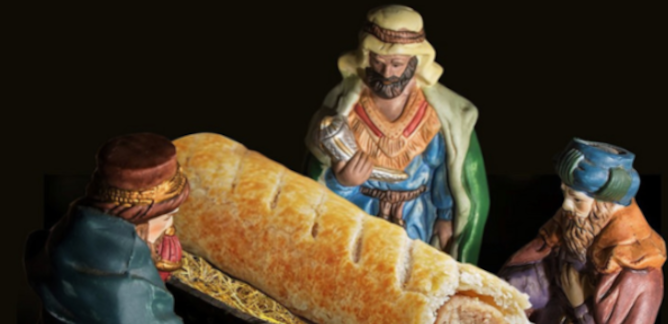
M J C Warren, University of Sheffield
A sausage roll standing in for the Christ Child? It's not as weird as you might think.
|

Andrew D. Hwang, College of the Holy Cross
Today's news can often involve mind-bogglingly large numbers. A math professor shares some tricks for understanding it all.
| |
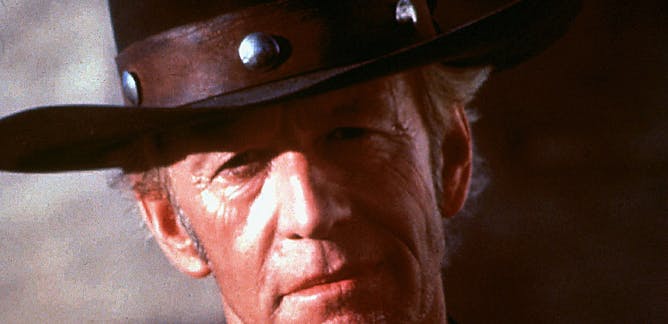
Bruce Baer Arnold, University of Canberra
Amazon this week purchased the global rights to J.R.R. Tolkein’s The Lord of the Rings to turn it into a television series. What are the implications for Australia's content and its global reach?
|
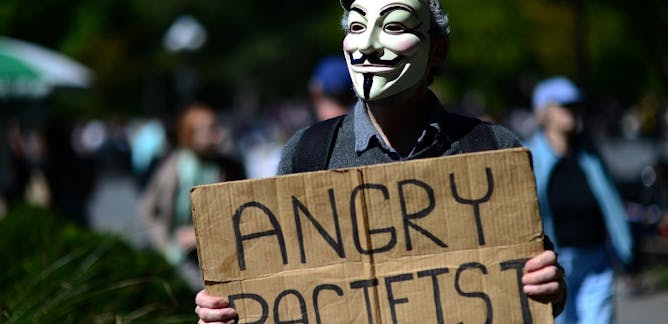
Federico Tarragoni, Université Paris Diderot – USPC
Le mot « populisme » semble être synonyme de risque politique. Or, il représente aussi un droit de conflit en démocratie, au lieu de renvoyer le peuple à la seule position d’électeur-consommateur.
| |
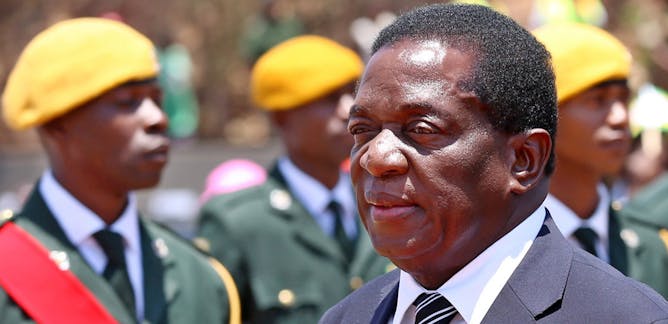
Hazel Cameron, University of St Andrews
The outside powers jockeying for influence in Zimbabwe want Emmerson Mnangagwa to take the reins, at least temporarily. Why?
|
|
|